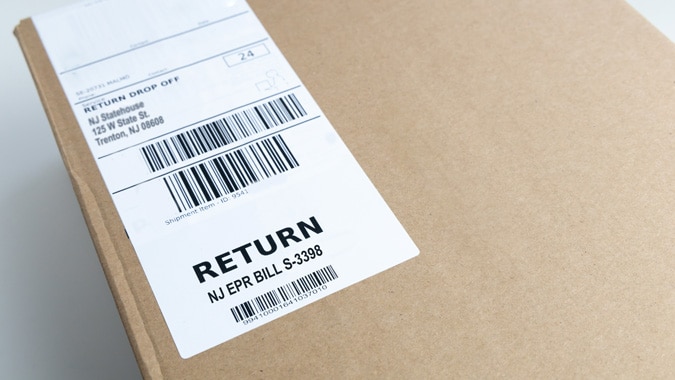It’s official: New Jersey’s minimum wage will jump to $10 per hour on July 1 for most employers, the first step on the road to paying most New Jersey workers at least $15 an hour. But that doesn’t mean the issue is over. NJBIA intends to work for numerous changes to the law to protect small businesses and New Jersey’s economy as a whole.
Gov. Phil Murphy signed A-15/S-15 at a public event in Elizabeth this morning after it received final legislative approval on Jan. 31. The new law increases wages in increments, raising it to $10 on July 1, $11 on Jan. 1 and $1 per year, each year after that until reaching $15 in 2024. For very small businesses and summer seasonal businesses, the rate increases more slowly.
“I am incredibly proud to sign legislation that raises the minimum wage to $15 per hour, ensuring that the most vulnerable among us will have the means to put food on the table, while growing our economy and addressing priorities of the small business community,” Murphy said. “I thank Senate President Sweeney, Speaker Coughlin, and thousands of advocates and community leaders throughout our state for their unwavering commitment to making this goal a reality.”
“These job creators have told us that this action will increase their labor costs both in the short and long term; impacting the slim profit margins they already face given their need to contend with the highest taxes and worst business climate in the nation,” said NJBIA President and CEO Michele Siekerka. “We anticipate corrective legislation that will make this law more fiscally responsible.”
Among the changes NJBIA will be advocating for are:
- An economic analysis that could serve as an off-ramp from this policy in the event of an economic downturn
- Incentives for the hiring of youth workers who will undoubtedly be challenged to find work at a higher wage
- Relief for Medicaid providers who currently reimburse less than $15 an hour for services.
NJBIA led the fight against increasing minimum wage to $15 an hour, and NJBIA member companies contributed with more than 4,000 letters to elected officials last week. While many of their concernes weren’t heard on this issue, the association hopes that lawmakers will recognize the dangers of such a broad policy and enact safeguards.
